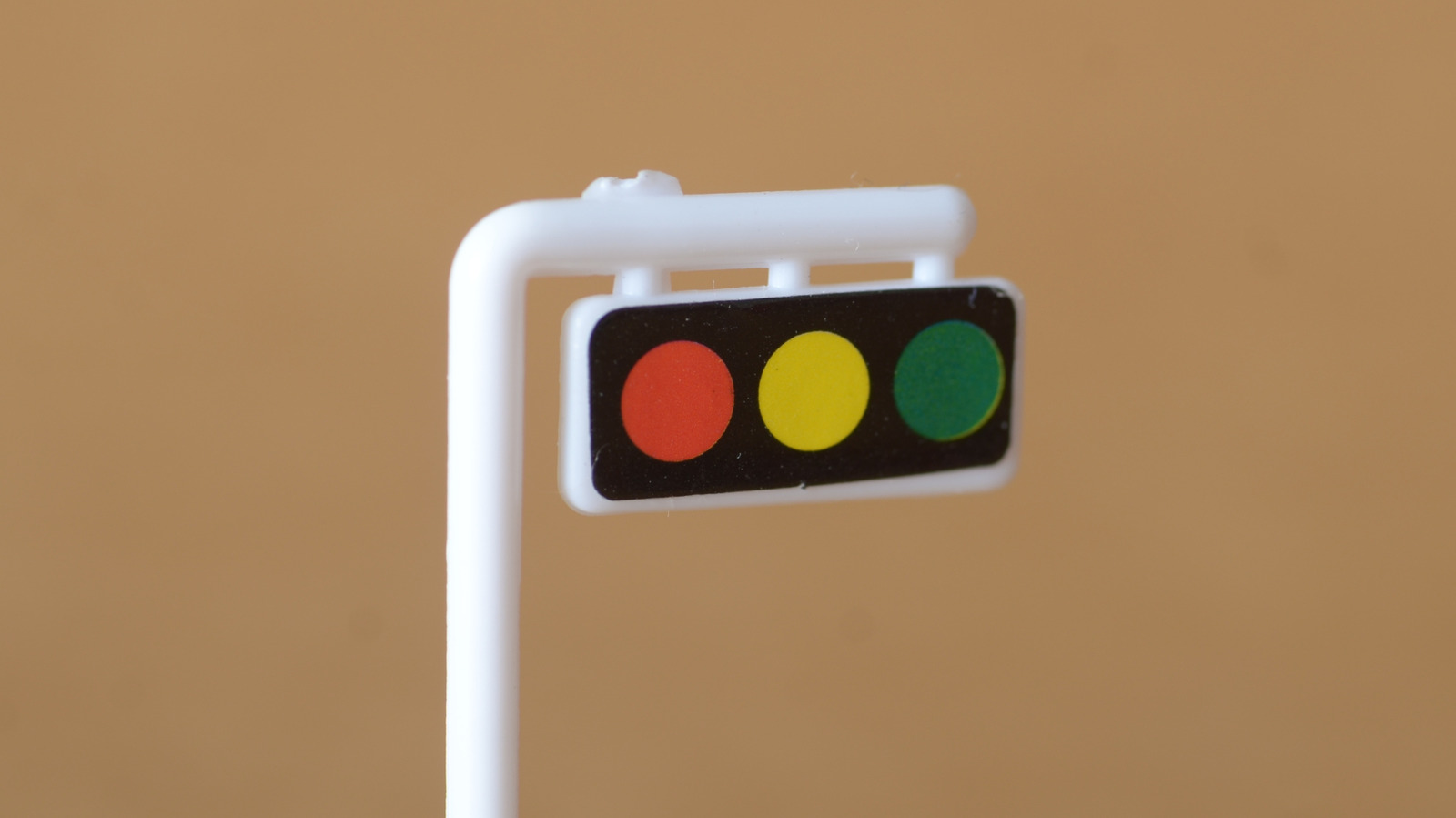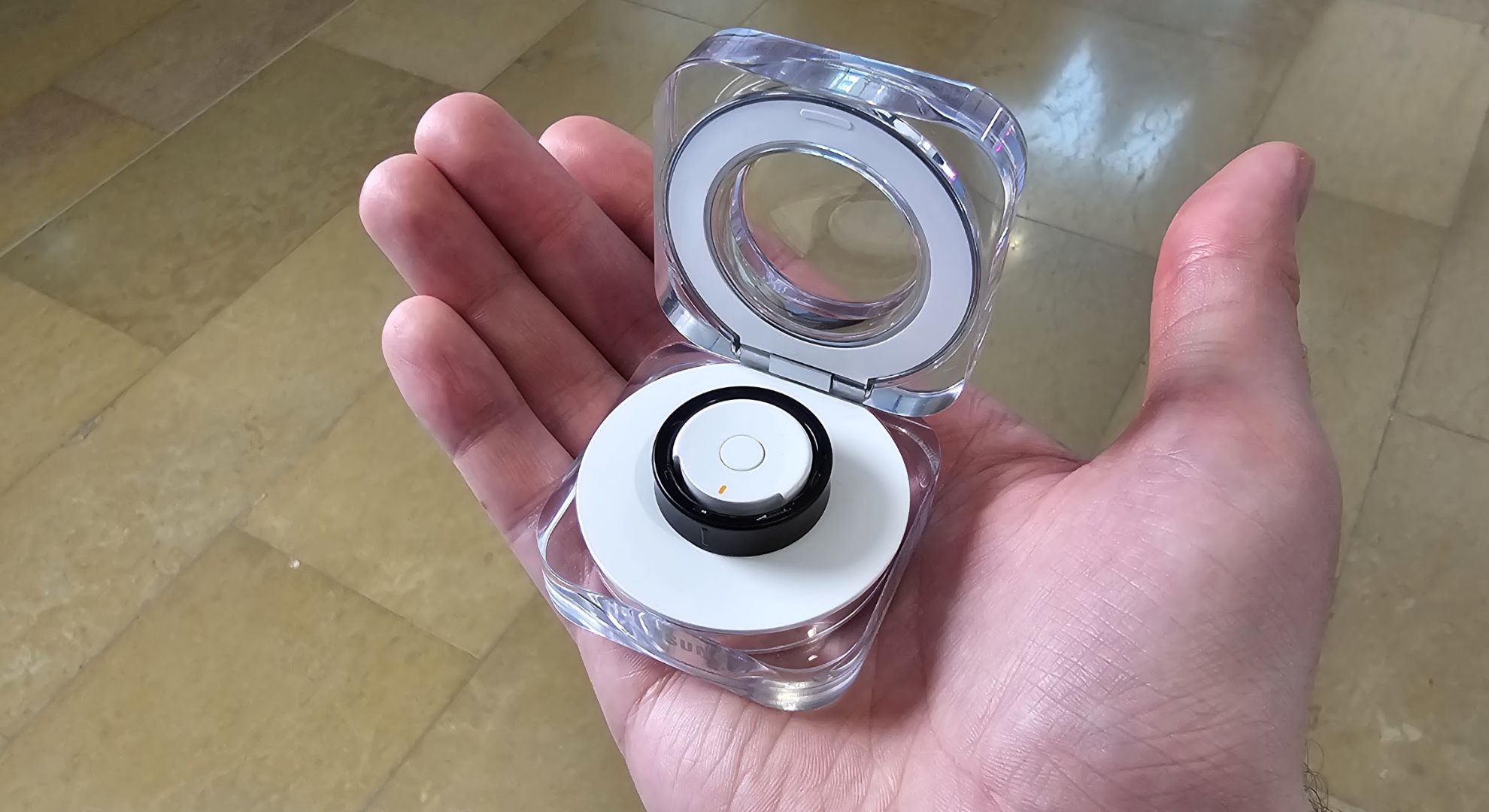Ultimate Earwig Elimination: Proven Strategies for a Bug-Free Home and Garden
Earwigs are small, nocturnal insects known for their pincers and preference for dark, moist environments. While they don’t cause direct harm to humans, they can become a nuisance if they invade your home or garden. If you are wondering how to get rid of earwigs, this comprehensive guide will provide effective solutions to eliminate them quickly and prevent future infestations.
What Attracts Earwigs to Your Home and Garden?
Before learning how to get rid of earwigs in house, it is crucial to understand what attracts them:
-
Moisture: Earwigs thrive in damp areas such as basements, bathrooms, and kitchens.
-
Organic Matter: They feed on decaying plants, fungi, and insects.
-
Cracks and Crevices: Small openings in windows, doors, and foundations allow them to enter your home.
-
Outdoor Debris: Mulch, leaves, and stacked wood provide shelter for earwigs.
-
Nighttime Lights: Bright outdoor lighting can attract earwigs to your home.
How To Get Rid Of Earwigs in Your House Fast
If earwigs have invaded your home, follow these steps:
1. Reduce Moisture Levels
-
Use a dehumidifier in damp areas.
-
Fix leaking pipes and faucets.
-
Ensure proper ventilation in basements and bathrooms.
-
Keep household drains clean and dry.
2. Seal Entry Points
-
Caulk cracks and gaps in windows, doors, and walls.
-
Install door sweeps and weather stripping to prevent entry.
-
Repair any damaged screens on windows and vents.
3. Remove Hiding Spots
-
Declutter storage areas.
-
Keep laundry rooms and basements dry and tidy.
-
Vacuum regularly to eliminate food crumbs and debris.
-
Move mulch and organic material at least a foot away from your home’s foundation.
4. Use Natural Remedies
-
Diatomaceous Earth (DE): Sprinkle DE along baseboards and entry points.
-
Essential Oils: Spray a mixture of water and essential oils (like citronella, lavender, or tea tree oil) in infested areas.
-
Vinegar Solution: Mix equal parts vinegar and water to spray along baseboards and entry points.
5. Set Traps
-
Roll up damp newspapers and leave them overnight; discard them in the morning.
-
Use shallow dishes filled with soapy water to trap and drown earwigs.
-
Place small containers filled with oil and soy sauce as effective baits.
6. Consider Professional Pest Control
If the infestation persists, contact a professional exterminator for expert solutions.
How To Get Rid Of Earwigs in the Garden
Earwigs can damage plants by feeding on leaves and flowers. Here’s how to control them outdoors:
1. Remove Organic Debris
-
Rake leaves, remove mulch, and avoid overwatering plants.
-
Keep firewood and compost piles away from your home’s foundation.
-
Prune overgrown vegetation to eliminate hiding places.
2. Encourage Natural Predators
-
Birds, frogs, and toads naturally feed on earwigs.
-
Attract these predators by providing birdhouses and water sources.
-
Introduce beneficial insects like tachinid flies, which prey on earwigs.
3. Use Traps and Baits
-
Bury small containers of vegetable oil in the soil to lure and trap earwigs.
-
Place damp cardboard in the garden overnight and dispose of it in the morning.
-
Scatter crumpled newspaper near plants to attract and capture earwigs.
4. Apply Natural Insecticides
-
Neem Oil: Spray neem oil on plants to disrupt earwig growth.
-
Diatomaceous Earth: Spread DE around plants to deter earwigs.
-
Boric Acid: Apply boric acid around garden beds to repel earwigs.
5. Change Watering Habits
-
Water your garden in the morning so the soil dries by evening, making it less attractive to earwigs.
-
Avoid excessive mulching, which retains moisture and provides shelter for earwigs.
Preventing Future Earwig Infestations
-
Keep your home dry and free of cracks.
-
Maintain a clutter-free environment indoors and outdoors.
-
Use natural repellents regularly to discourage earwigs.
-
Adjust outdoor lighting to reduce nighttime attraction.
-
Store firewood and garden debris away from the house.
By following these methods, you can successfully get rid of earwigs in your house fast and prevent future infestations.











































































































































































![[The AI Show Episode 142]: ChatGPT’s New Image Generator, Studio Ghibli Craze and Backlash, Gemini 2.5, OpenAI Academy, 4o Updates, Vibe Marketing & xAI Acquires X](https://www.marketingaiinstitute.com/hubfs/ep%20142%20cover.png)






























































































































































































































































































































































































![YouTube Announces New Creation Tools for Shorts [Video]](https://www.iclarified.com/images/news/96923/96923/96923-640.jpg)

![Apple Faces New Tariffs but Has Options to Soften the Blow [Kuo]](https://www.iclarified.com/images/news/96921/96921/96921-640.jpg)






























































































































